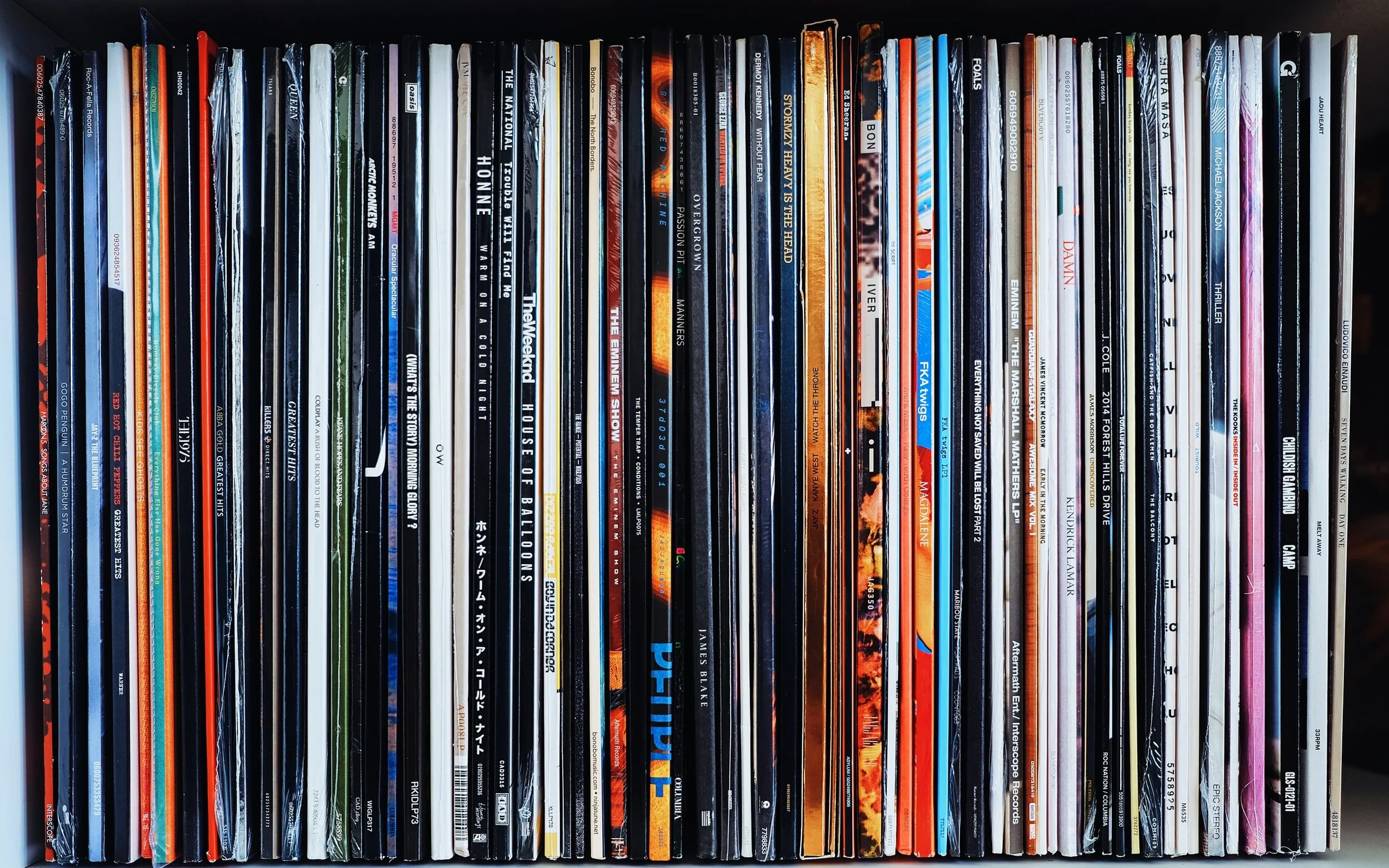What Can a Lawsuit Over a Jay-Z Album Teach Us About Minting NFTs?
Recently, Roc-A-Fella Records, Inc. (“RAF”), which owns the rights to Jay-Z’s debut album Reasonable Doubt, sued one of the company’s three owners, Damon Dash, to block an NFT (non-fungible token) sale of the copyright to the album. RAF claims that, because it owns the copyright in the album, Dash has no right to sell it on his own. Shortly after filing suit, RAF obtained a court order temporarily barring Dash from selling any rights in the album. The case is a reminder that: (a) a rightsholder can block an improper NFT sale, and (b) minters and sales platforms should precisely identify the assets conveyed by any NFT.
The Lawsuit
On June 18, 2021, RAF, which is co-owned in one-third shares by Jay-Z, Dash, and Kareem Burke, sued Dash, claiming that Dash tried to auction the copyright to Reasonable Doubt as an NFT, and that, although that auction was canceled, RAF believes that Dash already minted an NFT and would try to sell it soon. RAF seeks an order permanently barring Dash from selling the album’s copyright, money damages, and delivery of any NFT of rights to the album. On June 22, 2021, RAF obtained a temporary restraining order prohibiting any sale of Reasonable Doubt’s copyright and any related NFT until a July 1 court hearing.
Dash, for his part, claims that Jay-Z, for personal reasons, improperly sued Dash under the guise of the company. He claims that he never tried to sell any copyright in the album, and he never minted any NFT of the album or his one-third interest in RAF. Per Dash, the lawsuit is “part and parcel of an ongoing course of conduct employed by Jay-Z to prevent Dash from lawfully selling his one-third interest in RAF so that Jay-Z can acquire the same for an amount far below its potential market value.” As for the NFT auction, Dash claimed that he decided to explore with SuperFarm Foundation the idea of an NFT auction for his one-third interest in RAF, but not the copyright in the album.
On July 1, attorneys for the parties appeared for a telephonic court hearing. After the hearing, the parties agreed to the entry of a preliminary injunction order barring Dash, during the pendency of the case, from making any sale or transfer of any interest in Reasonable Doubt, including its copyright and an NFT of any such copyright interest. But that order also provided that nothing shall prevent Dash from selling his one-third ownership interest in RAF. The case is ongoing.
Take-Away Points
Who owns the copyright?
Minting an NFT to sell a copyright interest in a property without proper authorization can result in a court order halting an NFT sale, and can make the minter liable for damages to the copyright holder. Before minting an NFT, minters should consider the following:
Does minting require approval from a copyright holder? If the minter is not the sole content creator, she will need to obtain approval of the copyright holder(s) prior to minting.
Is the copyright held by a corporation? If so, does the minter have the corporate capacity to authorize minting? If not, the minter needs to obtain the necessary corporate approval prior to minting.
If the copyright is held by one or more individuals, the minter needs to consider the respective rights of the copyright holders to ensure that those who need to approve minting have done so. Is the copyright held by joint authors? Do the owners own partial shares? Does minting require approval from all copyright holders?
How are you describing the NFT to consumers?
Minters and sales platforms should identify precisely what assets are being minted, and what rights will be conveyed to the NFT purchaser in all marketing materials and catalogue descriptions.
If you are interested in reading more about copyright implications involving NFT sales, you can read more here.

